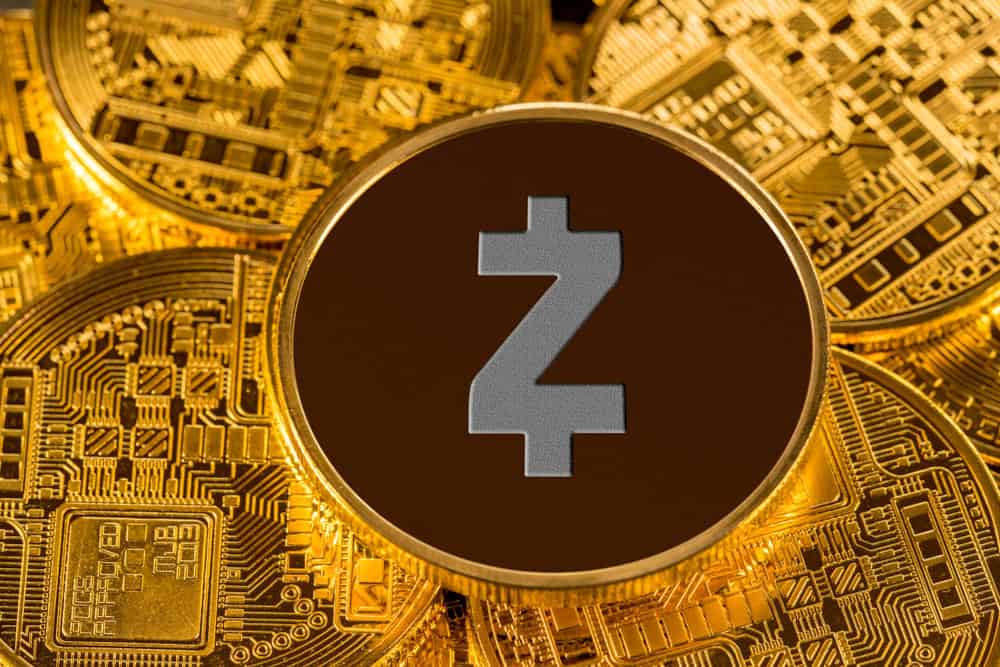
"Enforcement has hit privacy tools hard in the United States. The two creators of Tornado Cash were prosecuted . One was convicted in the Netherlands in 2024, the other in a U.S. court in August 2025. The developers of Samourai Wallet, a Bitcoin privacy tool, pleaded guilty this year to running an unlicensed crypto mixer . They forfeited roughly $238 million in illicit funds. These cases show prosecutors treating privacy software as money-laundering infrastructure."
"FinCEN's proposed "mixer rule" would use Patriot Act powers to label everyday actions as money laundering. Splitting transfers between wallets could trigger suspicious-activity reports from banks and crypto firms. Critics warn this sweeps up regular on-chain activity and criminalizes routine privacy tactics. Treasury officials may even extend AML rules to people holding private wallets under self-custody. The U.S. Treasury's Office of Foreign Assets Control (OFAC) already sanctioned mixers like Tornado Cash and Blender.io as illicit operations."
Zcash faces growing restrictions on shielded transactions in the United States as enforcement actions and proposed rules make privacy features harder to use. Prosecutions and guilty pleas against Tornado Cash creators and Samourai Wallet developers have framed privacy tools as money-laundering infrastructure. FinCEN's proposed "mixer rule" and expanded AML measures could criminalize routine privacy tactics and reach self-custodied wallets. European and Asian regulators are similarly tightening rules and treating privacy assets as high-risk. Demand for on-chain privacy is rising even as legal risks and shifting usage patterns force investors to question Zcash's ability to adapt.
Read at 24/7 Wall St.
Unable to calculate read time
Collection
[
|
...
]